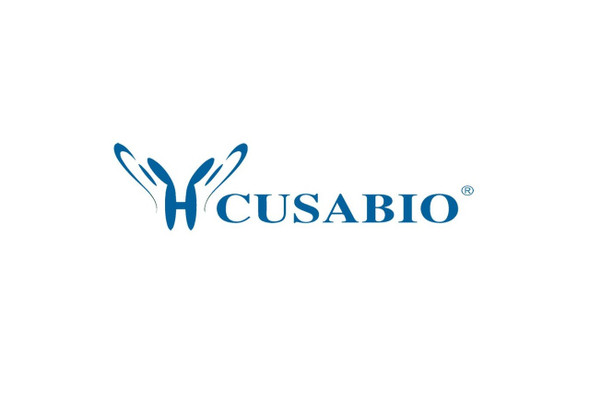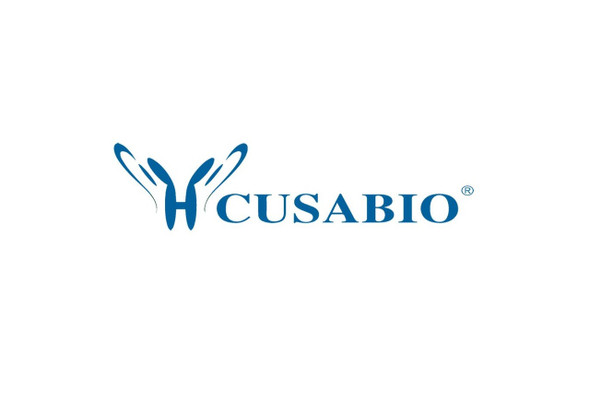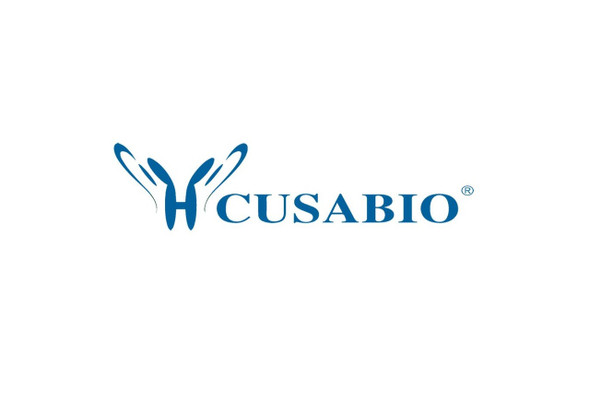Cusabio Virus & Bacteria Recombinants
Recombinant Renilla reniformis Coelenterazine h 2-monooxygenase | CSB-EP328734RCE
- SKU:
- CSB-EP328734RCE
- Availability:
- 3 - 7 Working Days
Description
Recombinant Renilla reniformis Coelenterazine h 2-monooxygenase | CSB-EP328734RCE | Cusabio
Alternative Name(s): Renilla-type luciferase
Gene Names: N/A
Research Areas: Others
Organism: Renilla reniformis (Sea pansy)
AA Sequence: MTSKVYDPEQRKRMITGPQWWARCKQMNVLDSFINYYDSEKHAENAVIFLHGNAASSYLWRHVVPHIEPVARCIIPDLIGMGKSGKSGNGSYRLLDHYKYLTAWFELLNLPKKIIFVGHDWGACLAFHYSYEHQDKIKAIVHAESVVDVIESWDEWPDIEEDIALIKSEEGEKMVLENNFFVETMLPSKIMRKLEPEEFAAYLEPFKEKGEVRRPTLSWPREIPLVKGGKPDVVQIVRNYNAYLRASDDLPKMFIESDPGFFSNAIVEGAKKFPNTEFVKVKGLHFSQEDAPDEMGKYIKSFVERVLKNEQ
Source: E.coli
Tag Info: N-terminal 10xHis-SUMO-tagged and C-terminal Myc-tagged
Expression Region: 1-311aa
Sequence Info: Full Length
MW: 56 kDa
Purity: Greater than 90% as determined by SDS-PAGE.
Relevance:
Reference: "Isolation and expression of a cDNA encoding Renilla reniformis luciferase."Lorenz W.W., McCann R.O., Longiaru M., Cormier M.J. Proc. Natl. Acad. Sci. U.S.A. 88:4438-4442(1991)
Storage: The shelf life is related to many factors, storage state, buffer ingredients, storage temperature and the stability of the protein itself. Generally, the shelf life of liquid form is 6 months at -20?/-80?. The shelf life of lyophilized form is 12 months at -20?/-80?.
Notes: Repeated freezing and thawing is not recommended. Store working aliquots at 4? for up to one week.
Function: Upon binding the substrate, the enzyme catalyzes an oxygenation, producing a very short-lived hydroperoxide that cyclizes into a dioxetanone structure, which collapses, releasing a CO(2) molecule. The spontaneous breakdown of the dioxetanone releases the energy (about 50 kcal/mole) that is necessary to generate the excited state of the coelenteramide product, which is the singlet form of the monoanion. In vivo the product undergoes the process of nonradiative energy transfer to an accessory protein, a green fluorescent protein (GFP), which results in green bioluminescence. In vitro, in the absence of GFP, the product emits blue light.
Involvement in disease:
Subcellular Location:
Protein Families:
Tissue Specificity:
Paythway:
Form: Liquid or Lyophilized powder
Buffer: If the delivery form is liquid, the default storage buffer is Tris/PBS-based buffer, 5%-50% glycerol. If the delivery form is lyophilized powder, the buffer before lyophilization is Tris/PBS-based buffer, 6% Trehalose, pH 8.0.
Reconstitution: We recommend that this vial be briefly centrifuged prior to opening to bring the contents to the bottom. Please reconstitute protein in deionized sterile water to a concentration of 0.1-1.0 mg/mL.We recommend to add 5-50% of glycerol (final concentration) and aliquot for long-term storage at -20?/-80?. Our default final concentration of glycerol is 50%. Customers could use it as reference.
Uniprot ID: P27652
HGNC Database Link: N/A
UniGene Database Link: N/A
KEGG Database Link: KEGG
STRING Database Link: N/A
OMIM Database Link: N/A









